People and markets
CoinsWeekly is now also available in Spanish
From 1 January 2026, MünzenWoche will also be available in Spanish. We have gained an extremely committed young colleague as a partner for this.
read more at our partner SIXBID
Lucien Birkler, †2025
Lucien Birkler passed away on December 22, 2025, and was once one of the most renowned coin dealers in the United States. We have lost a man who loved coins, collectors, and the coin trade.
read more at our partner SIXBID
Stumbling block for Philipp Lederer
On the initiative of the Berlin Coin Cabinet, a Stolperstein was laid in front of Philipp Lederer’s former coin shop in Berlin. Commemorating an important German numismatist and coin dealer.
read more at our partner SIXBID
Numismatics in the age of Instagram: Head & Collar – a numismatic exhibition by the KHM
The Coin Cabinet of the KHM in Vienna is breaking new ground with its exhibition Kopf & Kragen (Head & Collar). It is aimed at a young generation of museum visitors with very different viewing habits.
read more at our partner SIXBID
Musée Romain Lausanne-Vidy publishes list of stolen coins
On November 18, 2025, the gold coins of the Musée Romain Lausanne-Vidy were the victims of a brutal robbery. Now the list of stolen coins, including photos, has been published.
read more at our partner SIXBID
Coins, Medals and more
750,000 CHF for the First Sovereign
A royal edict of October 28, 1489, introduced the sovereign, a new English gold coin. A premier first-generation example has just sold at auction for 750,000 CHF.
read more at our partner SIXBID
Kill the profiteers!
In the 19th century, the German Peasants’ War was seen as purely religious, while communists stressed its economic causes—an interpretation now considered correct.
read more at our partner SIXBID
Asklepios plays soccer
Since Caracalla, Asclepius regularly appears with a small ball at his feet. The article explains why this object can be seen there and what we can conclude about Caracalla’s personality from this.
read more at our partner SIXBID
Allez Hop!
Switzerland’s first colored commemorative coin, dedicated to a circus, was a major success and also attracted strong interest from artists.
read more at our partner SIXBID
The Centén of 1609: The Most Expensive European Coin
On November 24, 2025, the 1609 centén of 100 Escudos set a record in Geneva, selling for 2.3 million CHF and becoming the most expensive modern European coin.
read more at our partner SIXBID
750,000 CHF for the First Sovereign
A royal edict of October 28, 1489, introduced the sovereign, a new English gold coin. A premier first-generation example has just sold at auction for 750,000 CHF.
read more at our partner SIXBID
Kill the profiteers!
In the 19th century, the German Peasants’ War was seen as purely religious, while communists stressed its economic causes—an interpretation now considered correct.
read more at our partner SIXBID
Asklepios plays soccer
Since Caracalla, Asclepius regularly appears with a small ball at his feet. The article explains why this object can be seen there and what we can conclude about Caracalla’s personality from this.
read more at our partner SIXBID
Allez Hop!
Switzerland’s first colored commemorative coin, dedicated to a circus, was a major success and also attracted strong interest from artists.
read more at our partner SIXBID
The Centén of 1609: The Most Expensive European Coin
On November 24, 2025, the 1609 centén of 100 Escudos set a record in Geneva, selling for 2.3 million CHF and becoming the most expensive modern European coin.
read more at our partner SIXBID















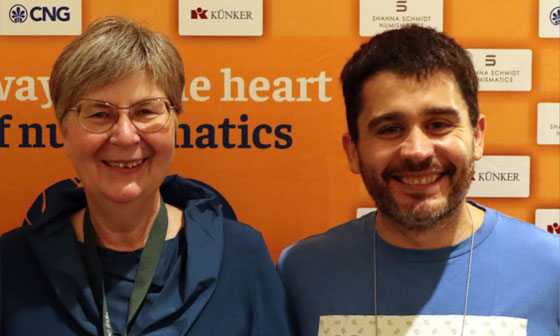



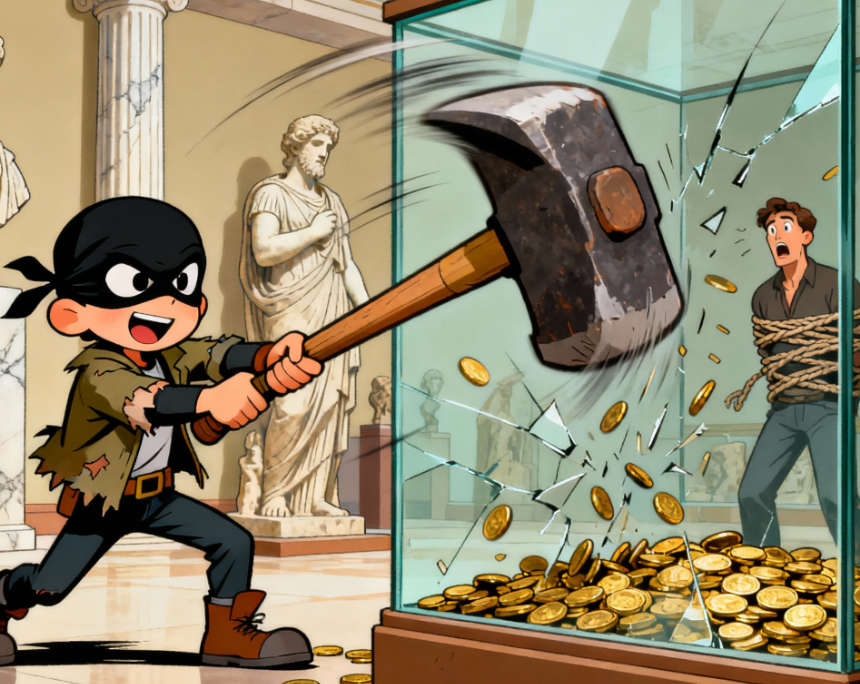
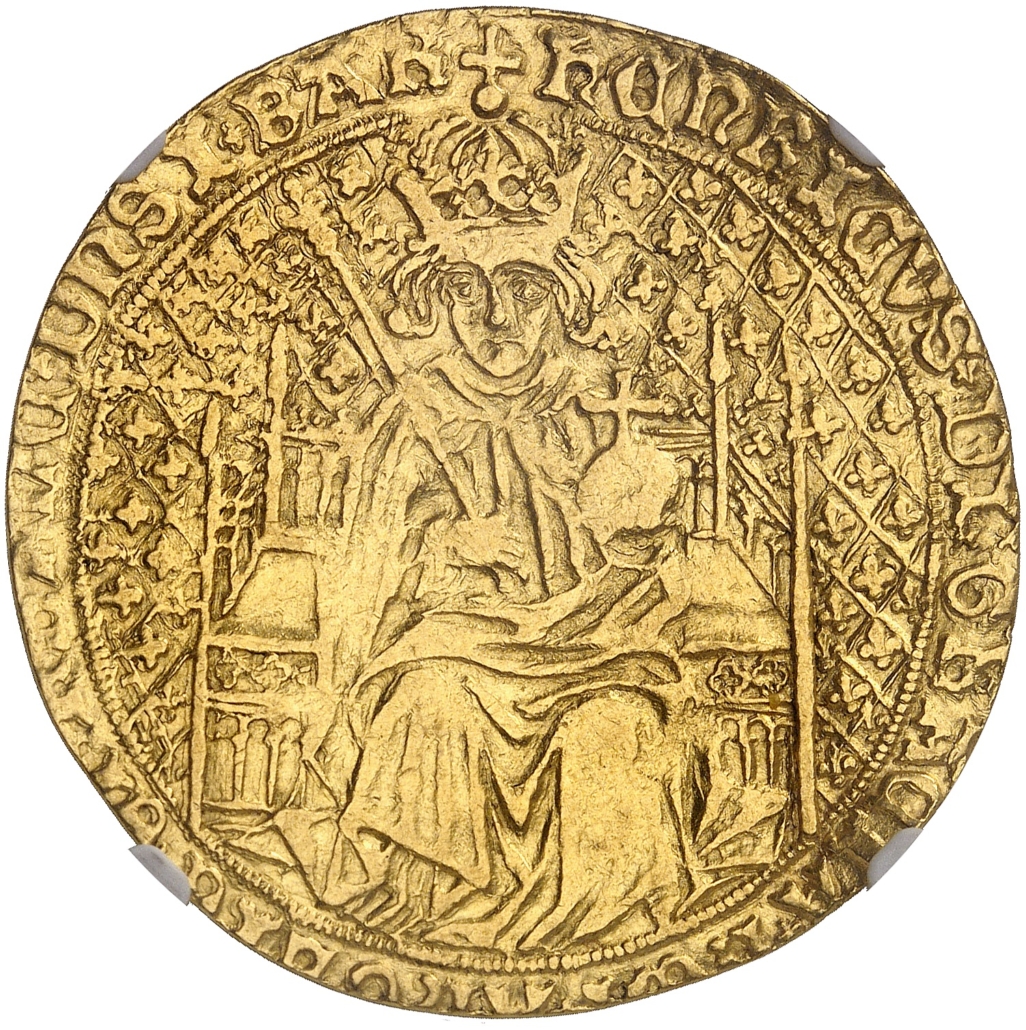
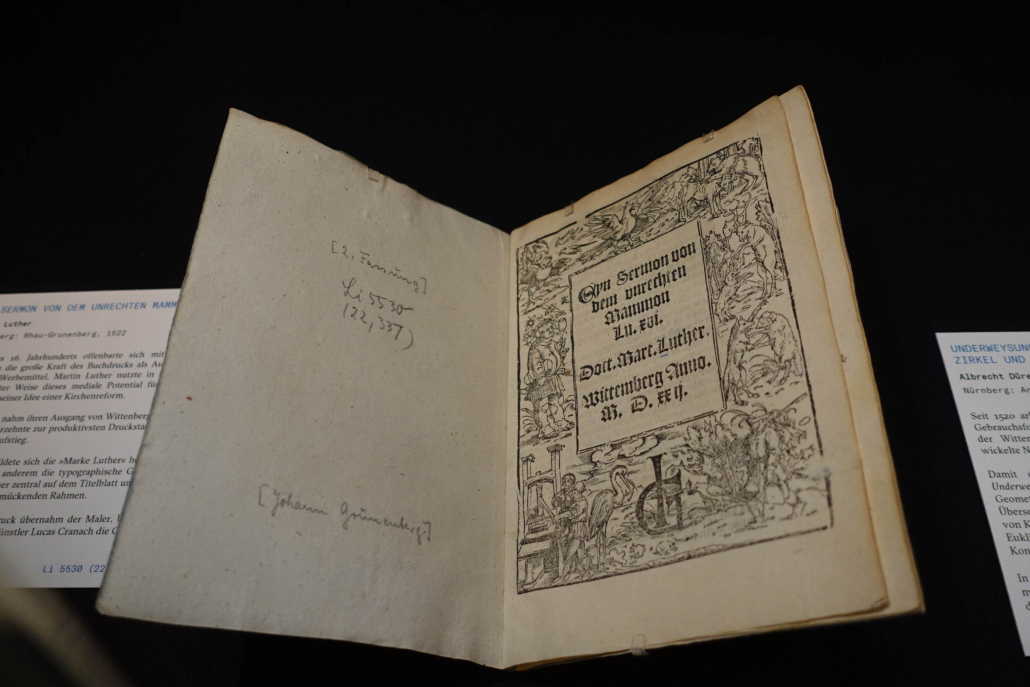
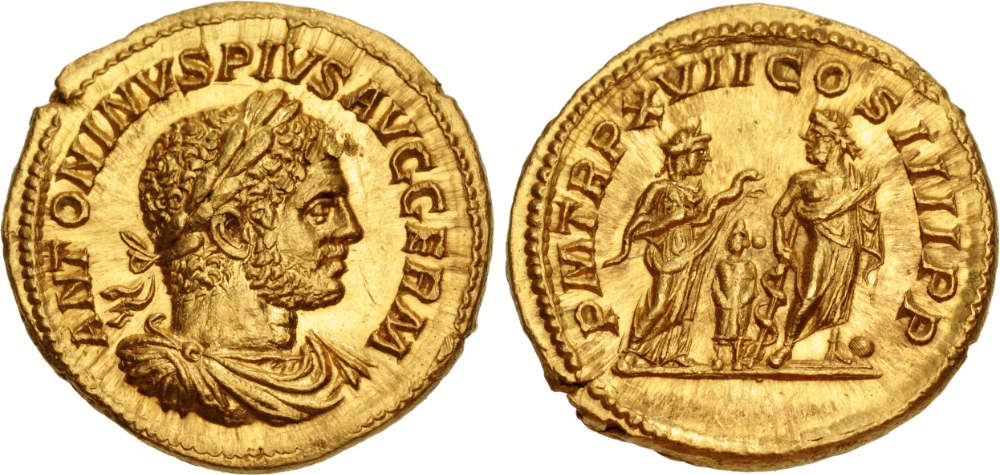
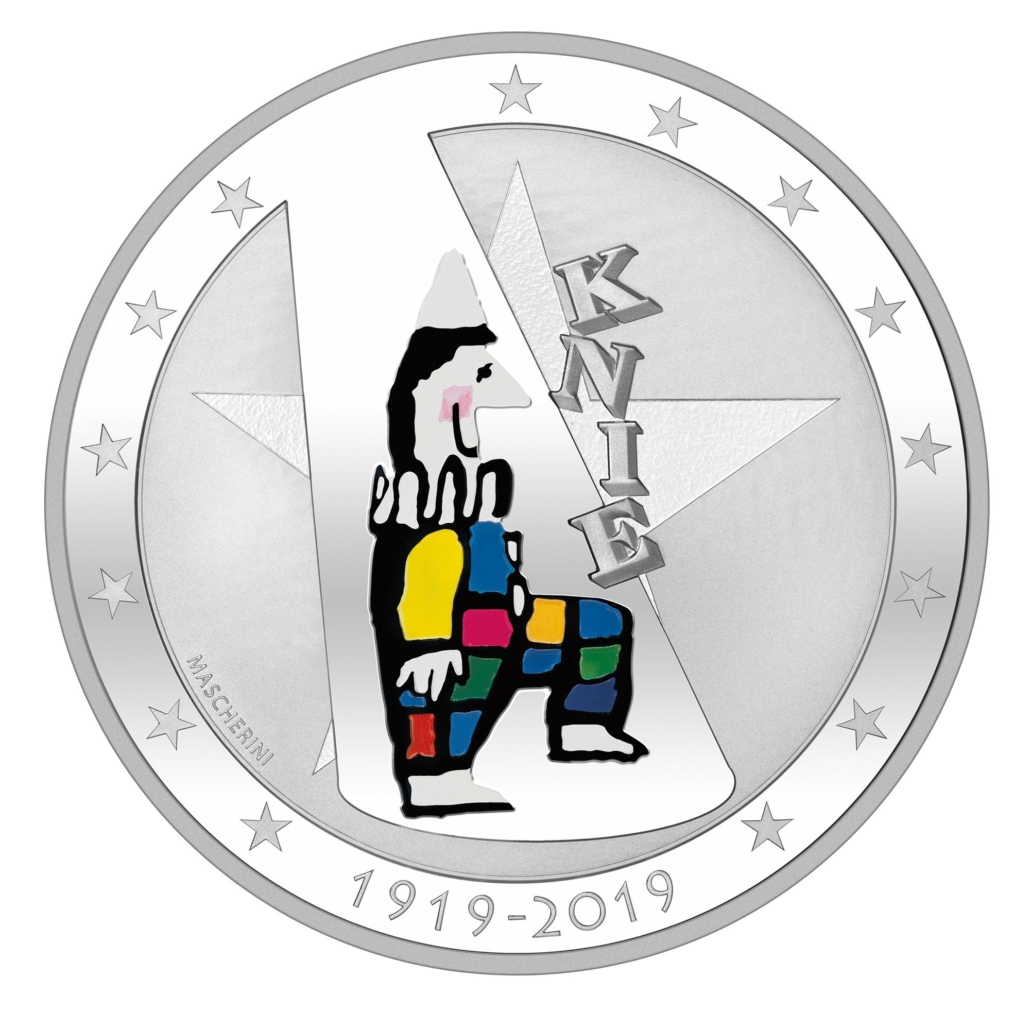
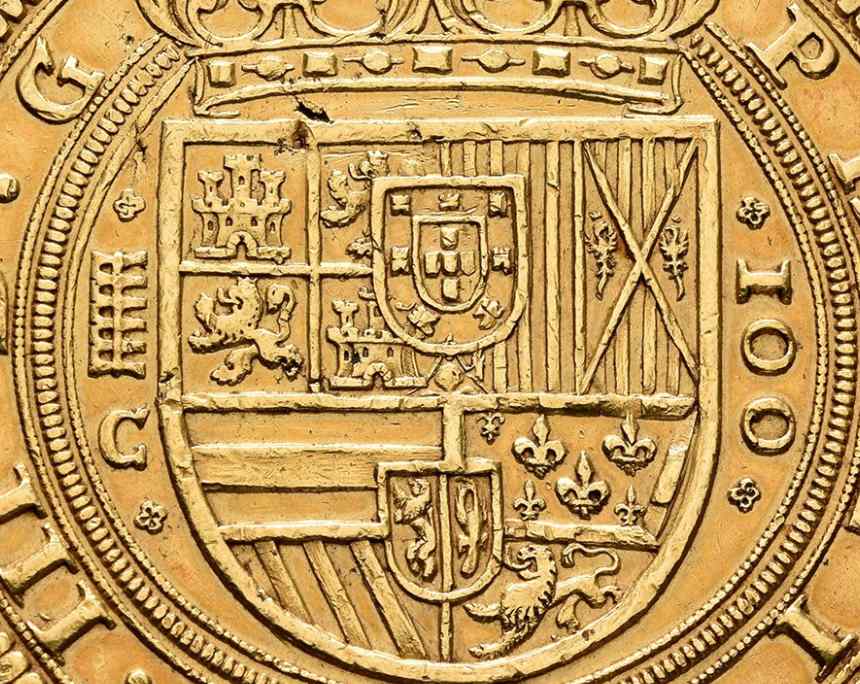

CoinsWeekly is now also available in Spanish
From 1 January 2026, MünzenWoche will also be available in Spanish. We have gained an extremely committed young colleague as a partner for this.
read more at our partner SIXBID
Lucien Birkler, †2025
Lucien Birkler passed away on December 22, 2025, and was once one of the most renowned coin dealers in the United States. We have lost a man who loved coins, collectors, and the coin trade.
read more at our partner SIXBID
Stumbling block for Philipp Lederer
On the initiative of the Berlin Coin Cabinet, a Stolperstein was laid in front of Philipp Lederer’s former coin shop in Berlin. Commemorating an important German numismatist and coin dealer.
read more at our partner SIXBID
Numismatics in the age of Instagram: Head & Collar – a numismatic exhibition by the KHM
The Coin Cabinet of the KHM in Vienna is breaking new ground with its exhibition Kopf & Kragen (Head & Collar). It is aimed at a young generation of museum visitors with very different viewing habits.
read more at our partner SIXBID
Musée Romain Lausanne-Vidy publishes list of stolen coins
On November 18, 2025, the gold coins of the Musée Romain Lausanne-Vidy were the victims of a brutal robbery. Now the list of stolen coins, including photos, has been published.
read more at our partner SIXBID